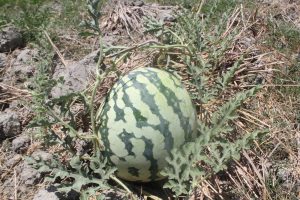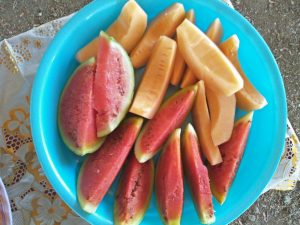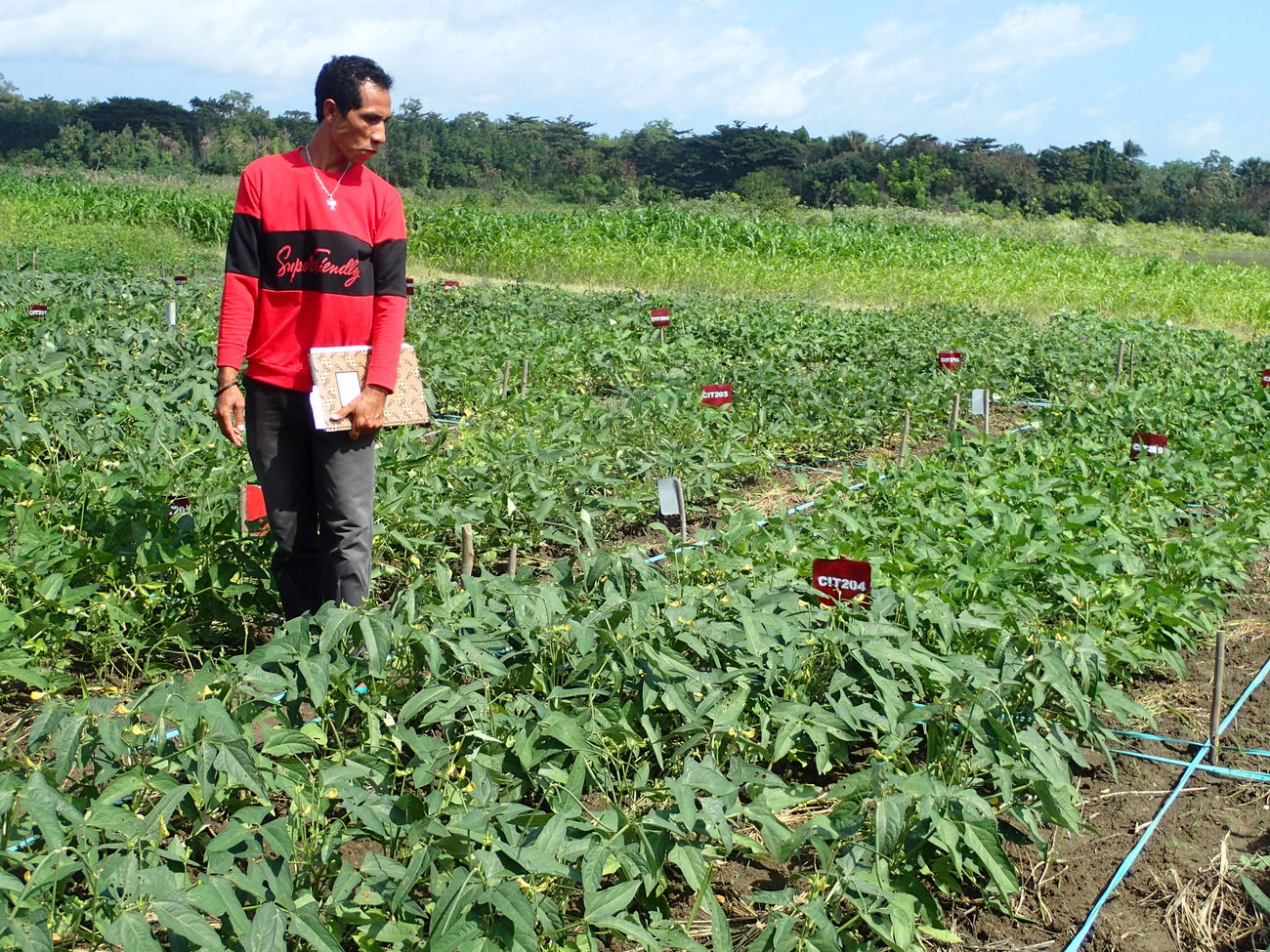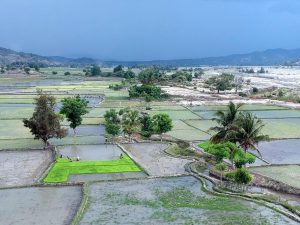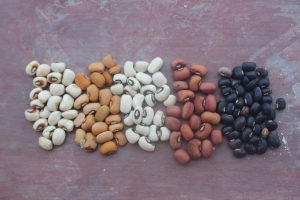The University of Timor Lorosa’e, with support from AI-Com, has published the first results of student experiments designed to understand how farming families can increase the yield of crops planted in rice paddies after the rice harvest.
With a focus on alternative crops for farming system intensification, the newly published research proceedings collect results from the ten UNTL agronomy students who led experiments between June and December 2018 at the UNTL research site in Vermasse, Baucau municipality.
This research will help students, researchers, development program workers and farming families understand how to better manage crop selection and applications of different organic and inorganic fertilisers, in order to improve crop yields without creating significant extra work for farmers.
In introducing the research proceedings, the UNTL Rector, Professor Francisco Miguel Martins, wrote of the significance of agriculture to Timor-Leste and the importance of the sector’s development.
“The agriculture sector is extremely important to the majority of Timor-Leste’s population and for the future this sector’s role will continue to be primary in national development,” he wrote.
“The majority of our population depends on agriculture for their whole life. As such, UNTL has a significant responsibility to look out for the majority of the population who dedicate themselves to the agriculture sector through research activities, so that they can fix the obstacles that impend the development of the agriculture sector.”
Student researchers experimented with factors that can influence crop production, including the amount of different types of organic and inorganic fertilisers on crops, different types of crops, and using fertilisers in combination. They tested the application on different crops of various doses of rice hull biochar, an organic fertiliser made from half-burning the discarded hulls of rice grains, and the application of SP-36 fertiliser on staple crops including mung beans and soy beans, and tested crops like tomatoes, beans and corn.
The rector wrote that he hoped the UNTL research would help rice-farming families guarantee a secure future through gaining a better understand how to increase income and crop production through diversified crops.
“I hope that these primary proceedings will assist students, academics, field workers and farmers in Timor-Leste who want to understand the challenges and opportunities in the area of agriculture.”
